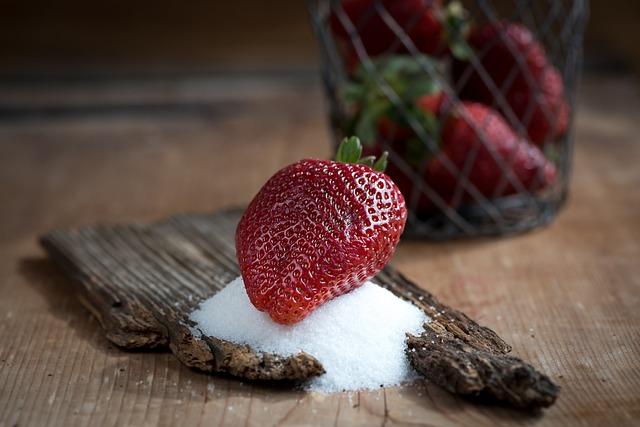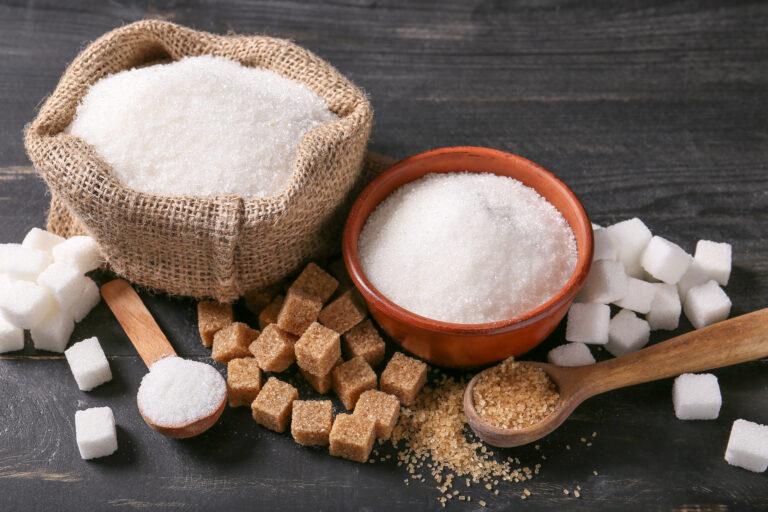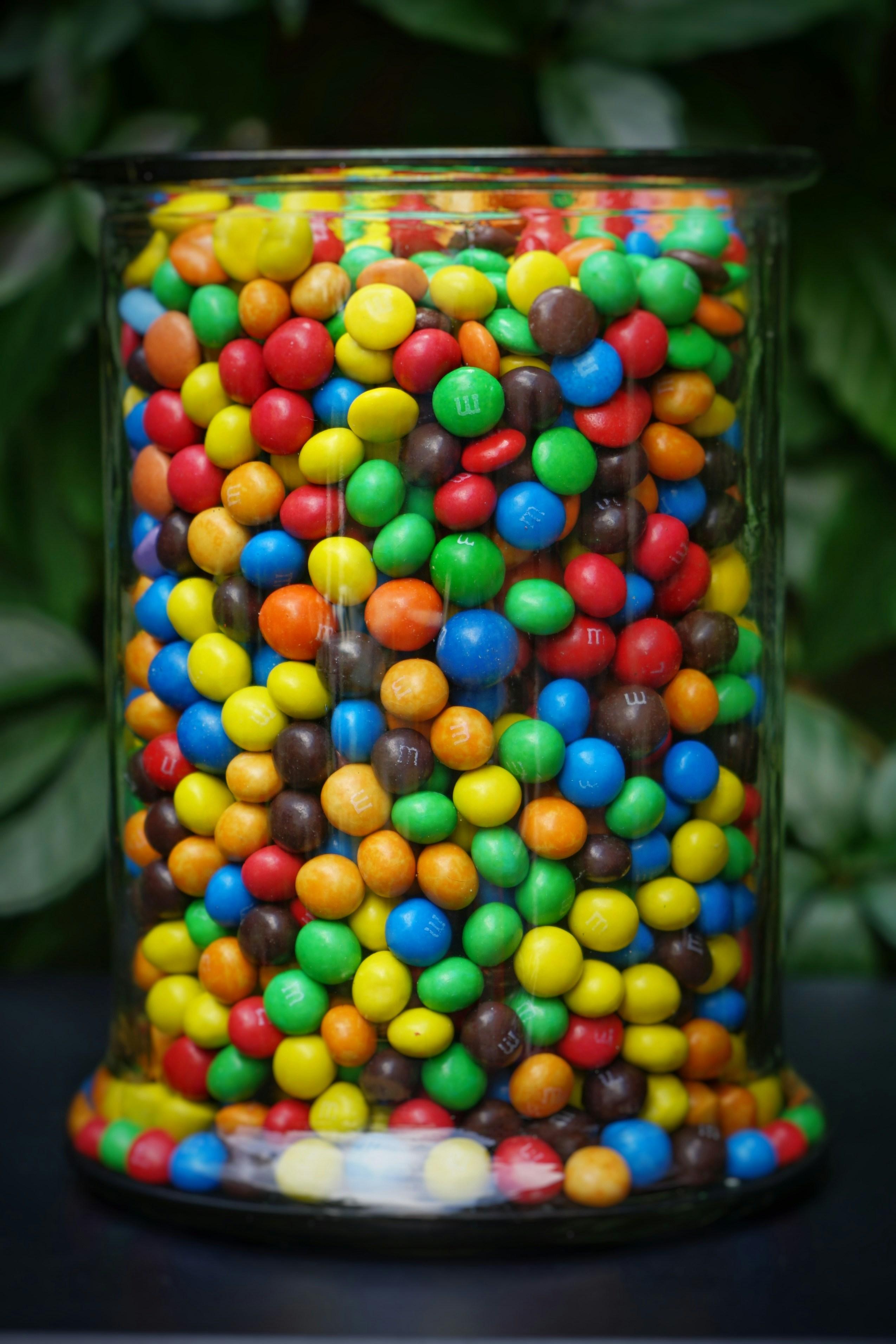In the bustling world of parenting, few debates have sparked as much spirited discussion as the connection between sugar and children’s behavior. Picture this: a lively birthday party, where laughter mingles with the rustle of colorful candy wrappers and the clinking of soda cans. As the sugar-fueled festivities reach a crescendo, many parents find themselves wondering—does sugar really transform their little ones into whirling dynamos of hyperactivity? This age-old question has intrigued scientists, puzzled parents, and fueled countless anecdotes. In this article, we delve into the heart of this sugary conundrum, exploring the myths, the science, and the reality behind whether sugar truly holds the key to unlocking a child’s boundless energy—or if the truth is a bit more complex than a simple sugar rush.
Sweet Myths Debunked: Understanding the Science Behind Sugar and Hyperactivity
- Unveiling the Science: For years, the notion that sugar fuels hyperactivity in children has been a widely accepted belief among parents and educators alike. However, numerous scientific studies have consistently debunked this myth. Research has shown that sugar consumption does not directly cause hyperactivity in children. Instead, the excitement often observed is more likely due to the context in which sugary treats are consumed, such as parties or special occasions, rather than the sugar itself.
- The Power of Perception: The placebo effect plays a significant role in the perpetuation of this myth. When parents believe that sugar makes their children hyperactive, they may unconsciously project their expectations onto their children’s behavior. This perception bias can lead to increased attention on any signs of restlessness, reinforcing the misconception. In reality, sugar does not have a physiological basis for causing hyperactivity, and understanding this can help alleviate unnecessary concerns surrounding children’s diets.
Unpacking the Evidence: What Research Really Says About Sugar and Kids Behavior
As parents and caregivers, we often hear the age-old claim that sugar leads to hyperactivity in children. But what does the research actually say? Scientific studies have consistently shown that there is no direct link between sugar consumption and increased hyperactivity in kids. This conclusion comes from multiple controlled studies where children’s behavior was observed after consuming sugar compared to a placebo. Surprisingly, the results revealed no significant differences in activity levels.
Despite these findings, why does the myth persist? Several factors might be at play:
- Expectancy Effect: Parents who believe in the sugar-hyperactivity link may perceive their children’s behavior differently, attributing normal energy levels to sugar intake.
- Party Environment: Sugar is often consumed in high-energy settings like birthday parties, where excitement and activity are naturally elevated.
- Dietary Context: Other ingredients in sugary foods, such as artificial colors and preservatives, might play a more significant role in affecting behavior.
While it’s important to monitor sugar intake for overall health, blaming it solely for hyperactivity may be misleading. Understanding the nuances of these findings can help guide more informed dietary choices for our children.

Nutritional Nuances: How Diet Impacts Childrens Energy Levels
When it comes to children’s energy levels, diet plays a pivotal role in shaping their daily vitality. While the common belief is that sugar might send kids bouncing off the walls, the science behind this is more nuanced. Studies have shown that the relationship between sugar intake and hyperactivity is not as straightforward as once thought. Instead, it’s the overall quality of the diet that influences a child’s energy and behavior. A balanced diet, rich in whole grains, lean proteins, and healthy fats, can help maintain steady energy levels throughout the day.
- Complex Carbohydrates: Foods like whole grain bread and oatmeal provide a slow release of energy.
- Proteins: Incorporating lean meats, beans, and nuts supports muscle growth and repair, contributing to sustained energy.
- Healthy Fats: Avocados and nuts offer essential fatty acids that are crucial for brain health and energy.
Ultimately, while sugar can cause a temporary spike in energy, it’s the nutrient-rich foods that ensure children have the stamina to play, learn, and grow without unnecessary peaks and troughs in their energy levels.

Smart Snacking Strategies: Recommendations for Managing Sugar Intake
When it comes to curbing sugar intake while keeping snacks enjoyable for children, it’s essential to adopt some clever strategies. Start by opting for natural sweetness. Fresh fruits like apples, berries, and oranges can be delightful alternatives to sugary treats, offering vitamins and fiber without the sugar spikes. Another great approach is to mix whole grains with a touch of sweetness. Consider preparing oatmeal with a sprinkle of cinnamon and a drizzle of honey, or whole-grain crackers paired with a thin layer of peanut butter and banana slices. These combinations provide a balanced energy release, avoiding the peaks and crashes associated with high sugar consumption.
- Portion Control: Serve smaller portions of sugary snacks to limit intake.
- Involve Kids in Preparation: Encourage children to help prepare their snacks, fostering an interest in healthier choices.
- Read Labels: Choose products with lower added sugars by checking nutritional information.
- Swap Sugary Drinks: Replace sodas and juices with water infused with fruits like lemon or berries.
Incorporating these strategies can not only help manage sugar intake but also instill lifelong healthy eating habits in children. Remember, moderation is key, and by providing a variety of tasty yet nutritious options, parents can create a balanced snacking environment that keeps kids satisfied and healthy.






























